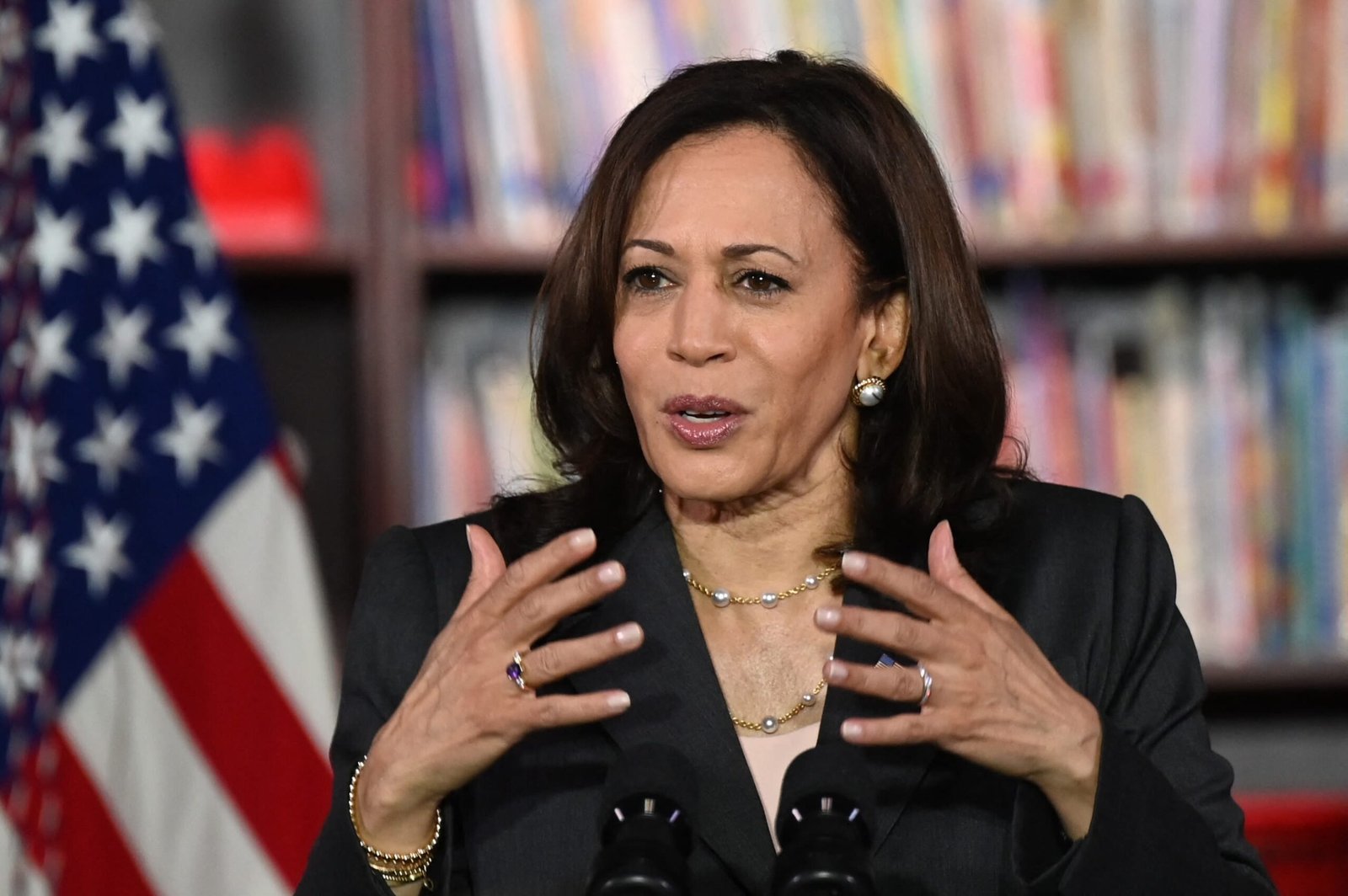Kamala Harris, the 49th Vice President of the United States, has made history as the first woman, the first Black woman, and the first person of South Asian descent to hold this office. Her journey to becoming one of the most powerful figures in American politics is a testament to her resilience, dedication, and commitment to public service. Harris’s career, marked by a series of groundbreaking achievements, reflects her deep-rooted belief in justice, equality, and the power of government to uplift the lives of ordinary people.
Early Life and Background
Kamala Devi Harris was born on October 20, 1964, in Oakland, California, to immigrant parents. Her mother, Shyamala Gopalan, was a cancer researcher from India, and her father, Donald Harris, is an economist from Jamaica. Growing up in a diverse and vibrant community, Harris was deeply influenced by her mother, who instilled in her a strong sense of justice and a commitment to civil rights.
Harris’s upbringing was steeped in activism. She often attended civil rights marches with her parents and was inspired by leaders like Martin Luther King Jr. These early experiences shaped her understanding of the world and fueled her desire to fight for the underprivileged and marginalized.
Education and Early Career
Harris attended Howard University, a historically Black university in Washington, D.C., where she majored in political science and economics. Her time at Howard was formative; it deepened her commitment to public service and social justice. She later earned her law degree from the University of California, Hastings College of the Law.
After law school, Harris began her career as a deputy district attorney in Alameda County, California, where she quickly gained a reputation as a tough prosecutor. Her work focused on cases involving gang violence, drug trafficking, and sexual assault, reflecting her commitment to protecting vulnerable communities.
Political Career and Achievements
San Francisco District Attorney
In 2003, Kamala Harris was elected as the District Attorney of San Francisco, becoming the first woman and first African American to hold the office. As DA, she launched innovative programs to reduce recidivism, focusing on rehabilitation rather than just punishment. Her “Back on Track” initiative, which provided job training and support for first-time drug offenders, became a model for other jurisdictions.
California Attorney General
In 2010, Harris was elected as California’s Attorney General, again making history as the first woman, first Black woman, and first South Asian to hold the position. As the state’s top law enforcement officer, she took on powerful interests, including big banks, for their role in the foreclosure crisis. Harris’s efforts resulted in a $20 billion settlement for California homeowners. She also championed reforms in the criminal justice system, including the fight against human trafficking and the protection of consumer rights.
United States Senator
In 2016, Harris won a seat in the U.S. Senate, representing California. As a senator, she served on key committees, including the Senate Judiciary Committee, where she gained national attention for her sharp questioning during hearings, particularly those involving the Trump administration. Harris was an outspoken advocate for criminal justice reform, healthcare access, and immigrant rights. Her legislative work included co-sponsoring bills like the Justice in Policing Act and the DREAM Act.
The Vice Presidency
Kamala Harris was chosen as Joe Biden’s running mate in the 2020 presidential election, making her the first Black woman and the first South Asian American to be nominated for national office by a major party. Their victory in November 2020 was historic, not just for breaking gender and racial barriers but also for the significance it held for millions of Americans who saw in Harris a reflection of themselves.
As Vice President, Harris has taken on a wide range of responsibilities, from leading efforts to address the root causes of migration from Central America to playing a key role in the administration’s response to the COVID-19 pandemic. She has also been a strong advocate for voting rights, pushing for federal legislation to protect the right to vote in the face of state-level restrictions.
Challenges and Criticism
Harris’s tenure as Vice President has not been without challenges. She has faced criticism from both the right and the left, with some questioning her handling of complex issues like immigration and others arguing that she has not been visible enough in her role. Despite these challenges, Harris has remained steadfast in her duties, focusing on the administration’s goals and the long-term impact of their policies.
Legacy and Impact
Kamala Harris’s impact goes beyond her policies and positions. Her very presence in the White House symbolizes a shift in American society, where barriers of race and gender are being broken down. She serves as a role model for young women and people of color, demonstrating that with determination, it is possible to rise to the highest levels of power in the United States.
Her legacy is still being written, but Kamala Harris has already left an indelible mark on American politics. As she continues to navigate the complexities of her role, her influence will likely be felt for generations to come. Whether advocating for justice, equality, or the rights of the disenfranchised, Harris’s work as Vice President is laying the groundwork for a more inclusive and equitable future.
Conclusion
Kamala Harris’s journey from the child of immigrants to the Vice President of the United States is a story of perseverance, dedication, and breaking barriers. Her achievements have paved the way for future generations of leaders who will continue the fight for a more just and fair society. As she continues her work in the White House, Harris remains a powerful symbol of the possibilities that exist when hard work meets opportunity, and when one person’s vision for change becomes a reality for millions.
